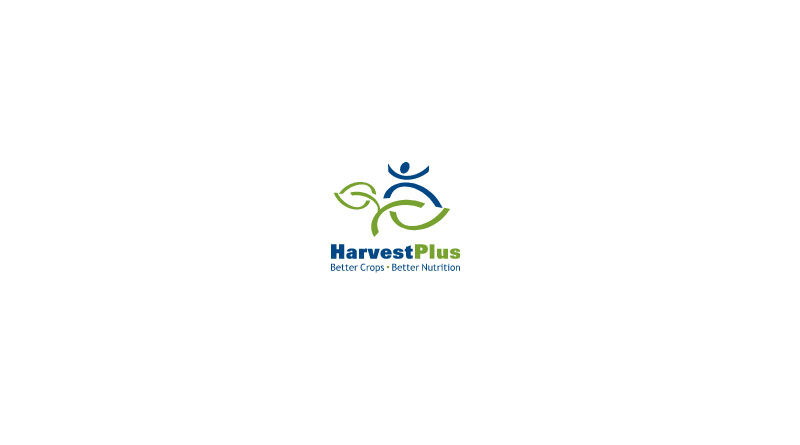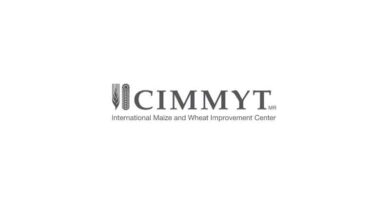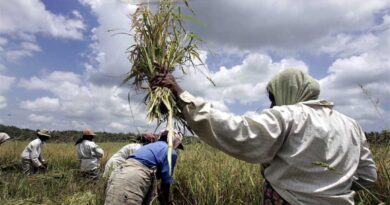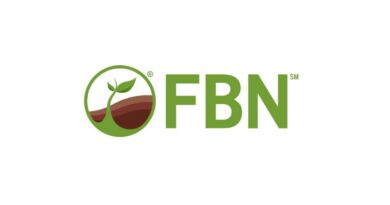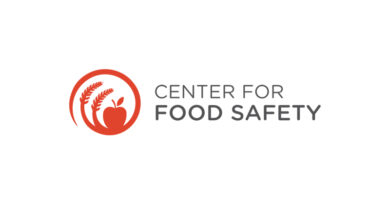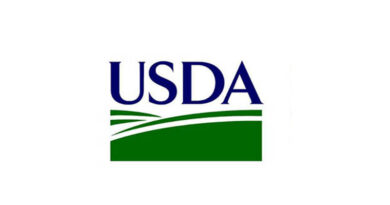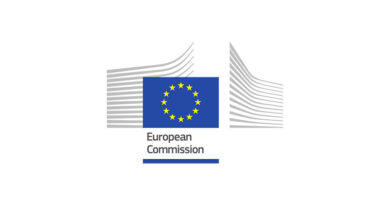Study Shows Biofortified Maize Improves Vitamin A Content of Breast Milk
10 March 2021, UK: A new study shows that eating maize biofortified with vitamin A increased the levels of this important nutrient in the breast milk of Zambian mothers with poor nutritional status—thus supporting the intake of this essential nutrient by their babies. The results seen for biofortified maize were almost the same as results observed in mothers eating maize industrially fortified with vitamin A.
This study adds further evidence to the efficacy of both biofortified maize and fortified maize for the improvement of vitamin A status. Biofortification specifically aims to reach vulnerable smallholder farming households who may not be reached by other proven nutrition interventions, such as fortification and supplementation.
Infants rely on their mother’s breast milk as well as complementary foods for the vitamin A they need for healthy growth and development. From the time of birth to two years of age, children are particularly vulnerable to gastrointestinal and respiratory infections as well as other infections that are preventable with vaccines. Vitamin A is crucial in this high-risk period of life for the development of a healthy immune system.
In poor populations like rural Zambia where nutrition is typically inadequate, mothers often have low amounts of vitamin A in their breast milk. This study was therefore designed to test two hypotheses: whether replacing their conventional staple food of white maize (which has no vitamin A) with vitamin A-rich biofortified maize might increase the concentration of vitamin A in mothers’ breast milk; and if this change would improve the vitamin A status of their breastfeeding infants. The same questions were also tested for fortified maize compared to white maize.
In this study, 230 lactating mothers and their nine-month-old infants were offered breakfast and lunch made of either conventional white maize, fortified white maize, or biofortified orange maize meal nshima or porridge six days a week for 90 days. In the mothers who ate either the biofortified or fortified maize, the prevalence of low vitamin A concentration in breast milk was reduced by over 50 percent.
However, this improvement in milk nutritional composition did not translate into a measurable change in the infants’ stores of vitamin A. This may be because the children in the study had unexpectedly adequate vitamin A reserves already, likely from having received a vitamin A supplement at six months old and/or from eating foods such as eggs and dark green leafy vegetables. These and other factors made it difficult to make an impact or detect differences in the infants’ total body stores due to the intervention.
This study adds to the nutritional evidence base for vitamin A maize. Previous studies have shown that this nutritious maize improves vitamin A stores in children and significantly improves visual functions in children.
Vitamin A maize varieties promoted by HarvestPlus are developed in partnership with the International Maize and Wheat Improvement Center (CIMMYT) and the International Institute of Tropical Agriculture (IITA). These varieties are currently available in 11 countries—Brazil and 10 African countries—and are in testing in 23 additional countries.

